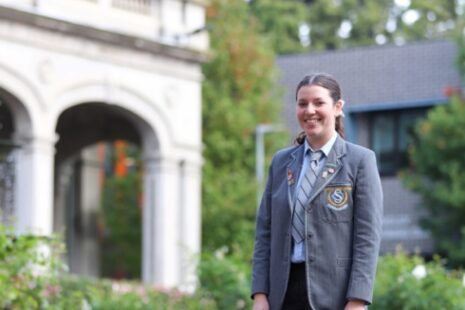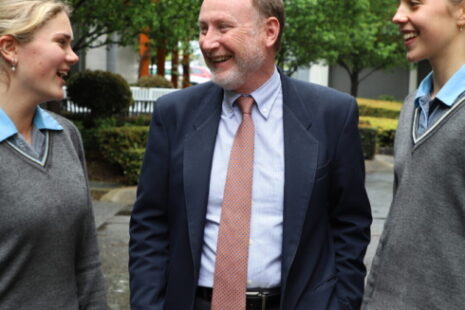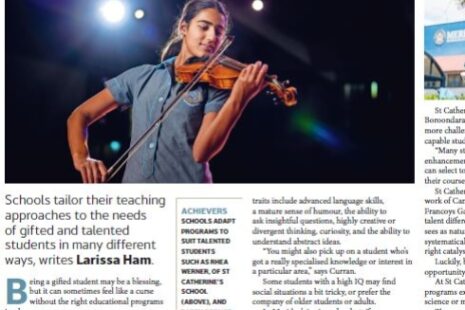Creating a World of Possibilities

The inaugural, Global Forum on Girls Education, provided the stage for raising awareness in issues of girls’ education
The warmth of Melbourne was a welcome relief after experiencing below freezing conditions in New York last week.
Despite the weather, I experienced an inspiring and invigorating Conference, shared with over 1,000 attendees, representing 23 different countries (Americans seems to do things on a large scale!). The inaugural, Global Forum on Girls Education – creating a world of possibilities, provided the stage for raising awareness in issues of girls’ education, leadership, Science Technology Engineering and Mathematics (STEM), school innovation, strategic advancement and the empowerment of girls.
During the Conference, I was particularly interested in a presentation by well-known author, Rachel Simmons, who wrote Odd Girl Out: The Hidden Culture of Aggression in Girls (2002) and most recently, The Curse of the Good Girl: Raising Authentic Girls with Courage and Confidence (2009). Simmons spoke of the myth of ‘effortless perfectionism’, quoting recent research conducted at Princeton University revealing a dark underbelly of young women who are ‘super committed and over preparing’. The need to be smart, maintaining good grades whilst remaining well rounded across extra-curricular activities, and accomplishing this all without any visible effort. Simmons cautioned the constant sense of deficit that comes from the quest to be perfect and the debilitating effects of this sense that nothing is ever good enough; she described the modern day feminist characterised by not burdening others, nor asking for help. In the Princeton University study of its undergraduates, researchers discovered a host of psychological barriers curbing women’s campus participation and potential. Although Princeton women were enthusiastically engaged in extracurricular and academic work, they chose jobs in organisations that kept them squarely out of the spotlight. They also made self-deprecating remarks, undersold themselves, spoke up less in class and were unlikely to put themselves up for awards or fellowships without special encouragement. The confidence of women dropped except for female athletes and, interestingly, girls who went to all girls schools.
Leaning on older classmates as role models and mentors, allowing girls to work out what they want, their goals and dreams, providing opportunity to reflect and engage in self-care and encouraging an ability to assess perceived readiness for an activity were all strategies identified by Simmons for young women. I found this encouraging advice and was reassured that the St Catherine’s career activities focus on establishing networks of women across different ages and stages of their careers and our Student Wellbeing Program – weThrive Wellbeing@StCatherines, proactively addresses the personal, social and emotional needs of our students and assists girls to ultimately find their voice.





